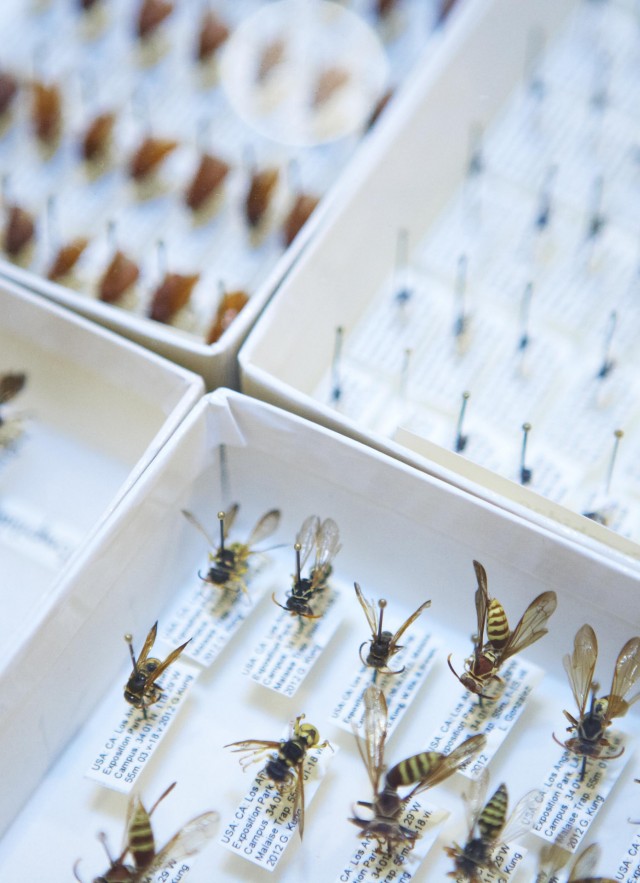Collections Rescue

Collections Rescue
Many universities, museums, government agencies, and private collectors possess collections that hold vital scientific, educational, and historical value for California Biodiversity. Yet many of these collections are vulnerable due to staffing shortages, funding, retirements, etc. The Collections Rescue initiative, funded by the California Institute for Biodiversity, aims to safeguard California’s natural history so that researchers, students, conservationists, and the public can continue to benefit from these specimens. Through our funding, we will offer support for rescue, stabilization, documentation, and long‑term stewardship of eligible collections.
This Project will do so by:
Identifying nonpaleontological collections across California that focus on local biodiversity and are at risk of damage or loss, whether through resource limitations, institutional transitions, or risk of abandonment.
Securing the preservation of these collections, ensuring specimens and associated metadata are properly cared for, made accessible, and preserved for future research, education, and conservation by bringing them to NHMLAC.
Submitting a Collection for Rescue
Do you possess or are you aware of any natural history collections that are "at risk" of being lost? Please fill out this form if so.
Eligibility Criteria:
- California-Based: Specimens must be non-paleo and from California (the specimens must clearly inform conservation and research questions about CA species and landscapes).
- At Risk: Collection is in danger of being:
- Degraded due to lack of staff or institutional resources;
- Lost, discarded, abandoned, or inaccessible;
- Orphaned due to lab closures, retirements, or lack of institutional support.
- Not Currently at NHMLAC: Priority is given to Collections not based at NHMLAC because these are generally “less safe” than those currently stored within the institution.
- Scientific, Educational, or Historical Value: Specimens contribute to institutional goals of research and/or education.
Examples: Private collections with accurate associated metadata (location, date, and collector information), teaching collections from universities, underutilized collections from other museums, government agencies etc.
Our Staff
Greg Pauly, Ph.D.
Dr. Greg Pauly is Curator of Herpetology and Co-director of the Urban Nature Research Center. He studies the natural history, evolution, and conservation of reptiles and amphibians.
Project Manager
Cassandra Baron
Cassandra Baron is coordinating the Collections Rescue project. Please contact her at cbaron@tarpits.org with related inquiries.
Assistant Collections Managers
Alix Onorato
aonorato@nhm.org
Leylani Quintana
lquintana@nhm.org